Today we enjoy luxuries that our great-grandparents could only dream of. I’m talking about: Instant heating, air conditioning, air travel, modern medicine, pocket supercomputers, and more…
All these wonderful inventions of modern civilization make our lives easier, safer and more comfortable. And yet… the average person doesn’t seem to be happier today than people of the past. They also don’t seem to be happier than people in less developed countries.
So what is going on? Freud’s believes that civilization itself may be to blame.
In this short summary of Civilization and Its Discontents, we’ll be exploring that big idea, and many other unique concepts. You’ll soon understand what Freud meant by the ego and superego, the pleasure principle, the death drive and more.
Who was Sigmund Freud?
Sigmund Freud (Britannica.com) lived about 100 years ago and he was the creator of psychoanalysis, an early form of psychotherapy. His theories continue to be influential today, not just in psychology but in the wider culture. On the other hand, many of his ideas now sound strange and unscientific, because he reduced everything about human nature to sexual drives.
Sigmund Freud had a nephew named Edward Bernays, who actually created the field of public relations (or PR). This nephew wrote a book called Propaganda in 1928, that explained how public opinions can be shaped through the right messages.
Bernays was strongly influenced by Freud’s psychological worldview, his writing is full of terms like conscious mind, unconscious desires, etc. If you’re interested in psychology, culture and communication… then his book is worth checking out too!
🎭 1. Society Protects and Oppresses: Civilization tries to reduce suffering, but also causes new unhappiness
None of us can escape suffering. That includes: Physical pain, emotional loss, anxiety, frustration. It seems to be a part of life that is unavoidable. After all, life is full of unpredictability and our physical body is vulnerable to disease and old age. In the end, we will all die.
In the first chapters of this book, Sigmund Freud explains some of the ways we try to reduce suffering through ‘palliative measures’ such as distraction, intoxication or fixation on work.
Human civilization itself can be viewed as a collection of attempts to reduce suffering, either through technology or culture.
- Technology addresses the physical problems in life, giving us more ease, speed, comfort or cleanliness. This includes washing machines, microwaves and sewage systems.
- Culture address the social problems we face. Suffering is often caused by other people’s behavior. Through laws, norms and taboos, we increase the order and predictability of our social relations. And that makes life feel safer and easier.
The main insight of this book is that while these ‘solutions’ do protect us from some sources of suffering, they accidentally create a new source of suffering. Culture’s expectations force us to suppress many of our strongest impulses, creating new discontent.
(And even technology often accidentally creates discontent. For example, many of us are now aware that our wonderful smartphones may be causing all kinds of mental health issues, particularly in younger people. Studies have found a connection between lots of smartphone time and depression, anxiety, ADHD-like symptoms, loneliness, stress and more. (FrontiersIn.org) )
Jordan Peterson is a famous modern psychologist who has analyzed the world’s myths, traditions and religions. He says that across the world’s myths you can find many common patterns, or archetypes. One of these major mythical archetypes is The Great Father, which represents the force of culture. The Great Father is felt to be masculine, represented in myths as God the Father, or a King, or a wise old man, etc.
On the positive side, culture can act like a wise kind father, protecting us from dangers that are outside of our understanding. (Just like a child needs to be shielded from some dangers.) But on the negative side, culture can become like a tyrannical king, demanding conformity to the point of squashing our individuality. Myths often illustrate both of these situations: the rise of a good king or the fight against a tyrant.
Read more in our summary of Maps of Meaning by Jordan Peterson
Life contains suffering, both from the uncontrollable forces of nature and the unpredictable behavior of other people. We try to reduce suffering through civilization, which includes technology (to make life easier) and culture (to regulate other people). But these solutions accidentally create new discontent.
🔥 2. Libido and Death Drive: Society represses individual impulses for sexual gratification and aggression
Now let’s talk about pleasure. We all move towards pleasure as a basic animal instinct, whether that is food, warmth, sex, or something else. Freud named this “The Pleasure Principle” (GoodTherapy.org) and it was a key part of his theories. In this book, he emphasizes two major human drives:
- The Sex Drive. (Also called libido or Eros.) This is our basic biological urge to reproduce and seek sexual gratification.
- The Death Drive. (Also called Thanatos.) This is not about wanting to die, but the human urge towards aggressiveness and destructiveness.
Freud saw these basic drives as the biggest obstacle to civilization. If large numbers of people are going to live together, then many of their individual impulses must be suppressed. So the power of the individual must grow weaker as the power of the community grows stronger. But there is a cost paid in each individual’s happiness.
Civilization and Its Discontents is a book that reflects the time it was written in. It was published soon after World War 1, when the largest and most ‘civilized’ European countries had suddenly gone to war, resulting in millions of people dying. So it’s no surprise that Freud could see a deep human urge for destruction simmering beneath the surface of society.
It was also around the time of the Victorian Era (Britannica), when society had strict constraints around sex. It was only allowed within heterosexual, monogamous marriage. Anything outside of that was met with severe social disapproval and sometimes legal punishment.
Freud wrote that civilization works by directing people’s sex energy into specific channels, like raising a family or developing friendships.
Freud believed that sex energy is what bonds people together—and not just in families. He even described friendship as “aim-inhibited affection,” almost like a modified sexual impulse. He even saw sex energy as the source of all great works of creativity, art, science, intellect, etc… when this energy is diverted or ‘sublimated’ in those directions.
(On the other hand, Freud has often been criticized for reducing all of human nature to the sexual drive…)
16 years after this book, a brilliant psychologist named Viktor Frankl wrote that the foundation of human motivation is not pleasure, but meaning. I find his way of looking at human nature to be inspiring, especially because he survived the Nazi concentration camps of World War 2.
Frankl believed that meaning was the more powerful drive because people will often endure suffering to provide for their family or complete some work they feel is important. He wrote, “What man actually needs is not a tensionless state but rather the striving and struggling for a worthwhile goal, a freely chosen task.”
Read more in our summary of Man’s Search for Meaning by Viktor Frankl
Freud believed all humans are primally motivated to seek pleasure, especially sexual gratification. They also have a ‘Death Drive’ towards aggression and destruction. Society suppresses these instincts or directs the energy into specific channels, like raising a family.
⚖️ 3. Super-Ego and Guilt: Society’s mechanism of controlling individual behavior
Have you ever noticed that when you do something you’re not supposed to, then you feel bad? Most of us feel guilty after we act selfish, lazy, cruel, etc. And most of us just take this part of our psychology for granted, but Sigmund Freud decided to analyze it. He wanted to find out: WHY do we feel emotions like guilt?
Freud invented the label “super-ego” to identify that part of our mind that judges and criticizes the other part of us—the “ego.” (In fact, most people would probably just call it their conscience.)
How does the super-ego work?
- As children, we feel afraid to lose the love of our parents, whom we depend on for protection. So we pay close attention to their rewards and punishments, approval and disapproval. (We also absorb feedback from teachers, priests and other adults.)
- As we grow up, our super-ego takes the place of adults in regulating our behaviour. Our super-ego makes sure we follow society’s expectations, almost like an ‘inner police officer.’ When we do something bad, it punishes us with guilt, which is really a form of anxiety.
- As mature adults, we’re no longer afraid or dependent on our parents. But the anxiety at the core of the super-ego has slowly transformed into a fear of losing approval in the community, that we also depend on for survival and fulfillment.
Freud’s view was that society’s moral standards were too high, and most people simply couldn’t follow the rules without becoming ‘neurotic’ and perpetually unhappy.
He believed many of his therapy clients had become ‘neurotic’ (mentally ill) because of the effort of restricting their own libido. One of his goals in therapy was helping them lower the unrealistic standards of their super-ego.
On the other hand, one of the biggest criticisms of Freud is that his work seems to be based not on science, but personal anecdotes. Maybe his theories don’t apply to most people, but are more of a reflection of his own experience and a small group of clients?
After all, Freud’s hypothesis seemed to be that greater promiscuity would relieve people’s psychological pressure. Some online critics of this book point out that today sexual rules are far more relaxed, but young people in colleges seem to need more mental health support than ever.
But in the end, the most important question is: How do we strike the right balance between individual expression and civilized order? Freud asks the question, but he doesn’t answer it. 100 years ago, he believed the answer was more relaxed social standards around sexuality. Was he right? And what is the answer in our time, for our culture?
Our “super-ego” is that part of our mind that makes us feel guilty when we do something wrong. Freud saw it as the mechanism that society uses to regulate individual behavior. He also believed many of his clients became neurotic because their inner “super-ego” was too strict.
🌌 4. Religion Is an Illusion: Freud was an atheist who believed religion fills emotional needs
In Civilization and Its Discontent, Freud mentions religion dozens of times. After all, religion was the strongest source of sexual rules and taboos. Freud was a strong atheist who believed that religions were like mass delusions, and people believe in them to fill emotional and social needs.
What kinds of needs?
- A need for paternal protection. As infants, we can always rely on our parents to keep us safe and give us food. As adults, we don’t have that security, but religion gives people a type of father figure they can appeal to.
- A need for social order. Religion provides strong incentives for people to follow moral rules—Eternal heaven and hell. Freud pointed out that secular people are only rewarded with a feeling of superiority, which is not nearly as powerful.
- An ‘oceanic feeling’ of oneness. In the first chapter, there is a fascinating discussion of how religions may connect to a type of spiritual experience. Freud admits he has not felt this, but his friend claims alternative states of mind can be reached through yoga for example.
There is another great book related to psychology called The True Believer, about the psychology of mass movements. It said, “When we debunk a fanatical faith or prejudice, we do not strike at the root of fanaticism. We merely prevent its leaking out at a certain point, with the likely result that it will leak out at some other point.”
That is a great point: removing religion does not suddenly make everyone super-rational. In the past, when some countries did become more secular, it seemed to cause more political fanaticism such as communism, fascism or nationalism.
To Freud, religions were mass delusions that filled emotional needs. Such as the need to feel protected by a paternal figure, leftover from childhood. And the need to give people a strong incentive for good moral behavior.
- Ask: Is it possible to ‘sublimate’ sexual energy towards higher purposes? That is, to redirect our libido towards creativity, productivity, or social contribution? One of the most influential self help books ever, Think and Grow Rich, actually spends a whole chapter talking about abstinence as a way to greater achievement.
- List 3 ways civilization accidentally increased your discontent. I think it’s easier to start with technology—many new innovations have unintended effects on our mental well being. For example, we all now know that social media has both benefits and downsides.
- Soften your critical inner voice with “The Four Agreements.” If you’re always being tormented by your inner judge, then I’d recommend The Four Agreements book by Don Miguel Ruiz. It is all about learning to be more careful with how you talk to ourselves and to judge yourself less.

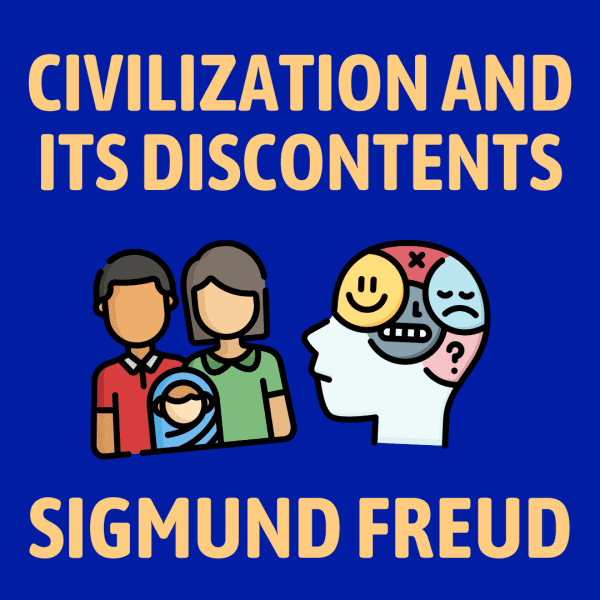
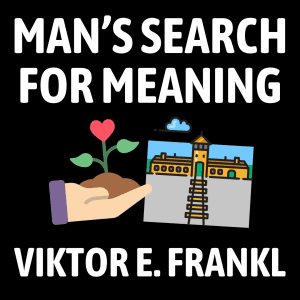
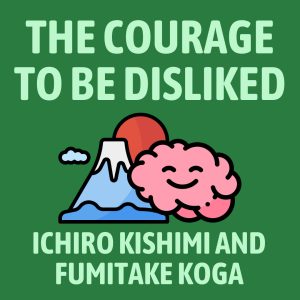
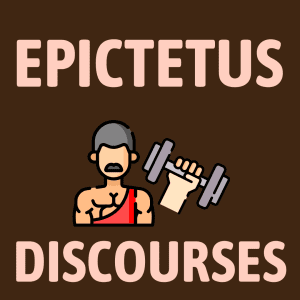

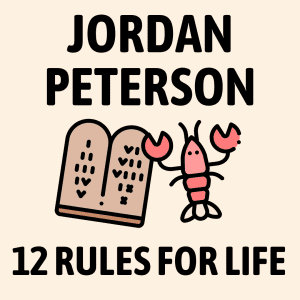
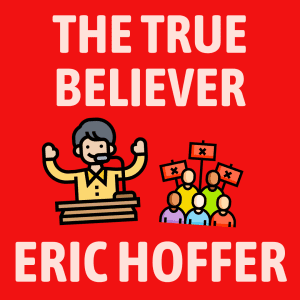



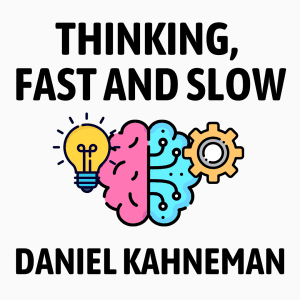




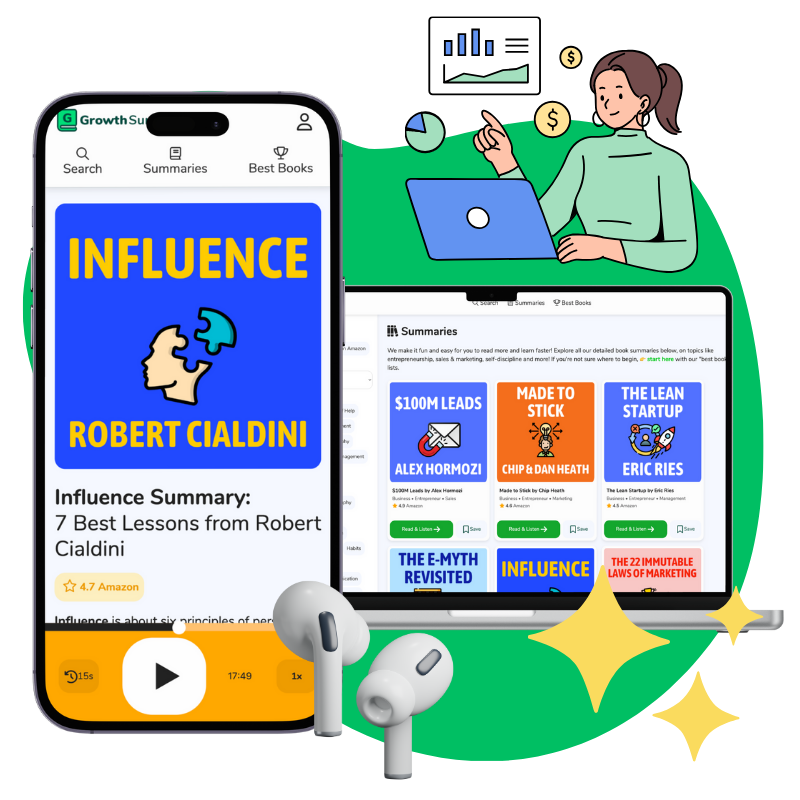
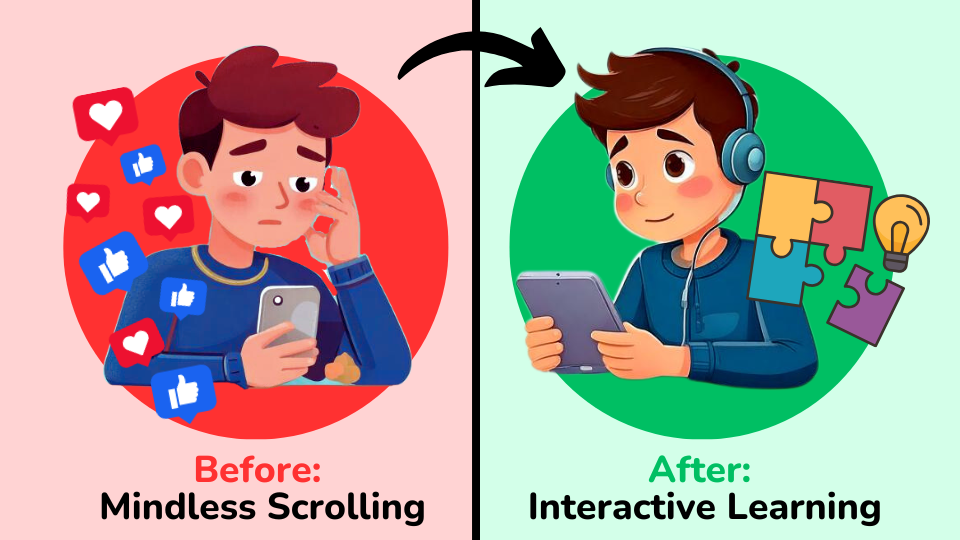








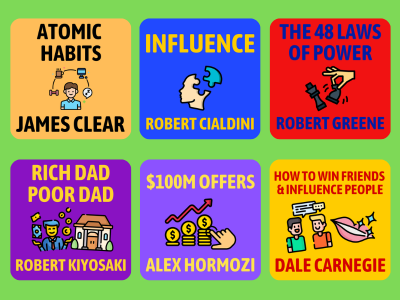
Community Notes